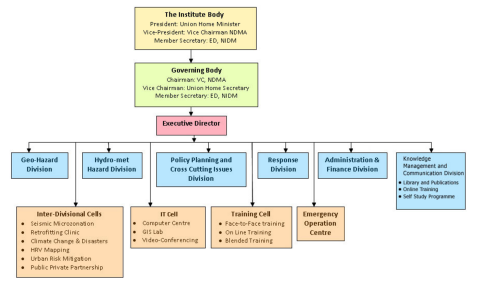The training of and role for the (humanist?) intellectual in the world seems to be a relevant take-away point of discussion from postcolonial theory. I have been noticing a proliferation of thought pieces and various genres of writing by engaged scholars in this COVID-19 moment. While indeed there is lots to think and write about, the Late Industrial times we are in are also marked by a heavy saturation of information. Rather than feeling enlightening and motivated by the increased proliferation of opinions on COVID-19, I find it has the opposite effect. What other (new) forms of knowledge, processes for knowledge making, and ways of engaging in the world (not to mention education for critical consciousness) are needed in this moment? Perhaps unsurprisingly, I find the value and strength of new research collectives like this one to be rich spaces from which to start thinking about this question.
Ahmed describes the importance of a "humanist education" that trains the “ethical reflex” to open one up to forms of consciousness fundamentally different from one’s own. He notes that such openness eventually requires one to “rebel” against one’s training itself (developing critical consciousness?).
Ahmed also writes about the relationship where the intellectual refuses to speak for the subaltern--where the intellectual enters into a relationship with something foreign to him about which he will absolutely refuse ever to produce authoritative knowledge. "The point of the relationship is, in fact, "to question the grounds of knowledge itself."

